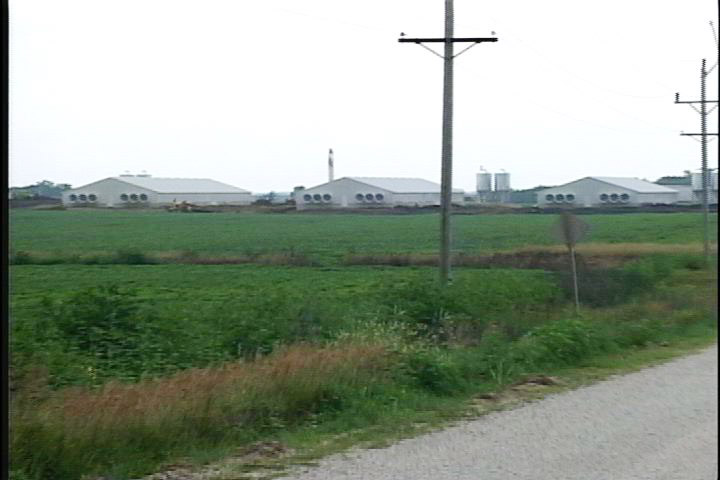One of the bedrock tenets for supporters of our industrial agriculture system — monocrop farming, large scale livestock …
Continue Reading about Can Organic Agriculture Feed The World?
One of the bedrock tenets for supporters of our industrial agriculture system — monocrop farming, large scale livestock …
Continue Reading about Can Organic Agriculture Feed The World?
Four years into the worst economic downturn since the Great Depression, some Americans are losing confidence that the conventional …
Continue Reading about From USDA Secretary Tom Vilsack: A Failure to Communicate
Original Published Date: June 2010. The first thing one notices about Anna Lappé, author of the new book, Diet for a Hot Planet: …
Continue Reading about A Conversation with Anna Lappé on Climate Change – video
Farm Sanctuary, Watkins Glen, New York There is a war between several animal rights organizations and modern industrial …
Continue Reading about The Unconventional Harvest: Farm Sanctuary
February 11, 2011 The TED talks have garnered a following and popularity throughout the world - many folks like to listen to …
Continue Reading about TEDxManhattan: Changing the Way We Eat

I started “documenting” in 2001, not “making a documentary” exactly, because I really didn’t know what it was going to end up …
Continue Reading about As We Sow: The Corporate Farm – Part 3
History of Organic Agriculture series- Part 2 Sep 18, 2009. My introductory post on organic farming (Organic Agriculture: Its …
CBS News Interviews journalist Michael Pollan, along with Food Inc. producer and director, Robert Kenner. Tomatoes that don't …
Farming today is not what we may imagine it to be. It's become largely an industrial process, and corn epitomizes this shift in …
Continue Reading about A Conversation with ‘King Corn’ Filmmaker Curt Ellis-Part 3 – video
Part 1: You can almost hear the voice of Gomer Pyle: "Surprise," "Surprise," "Surprise"! Of course, the big surprise may be on all …
Continue Reading about A Conversation with King Corn Filmmaker Curt Ellis – video
